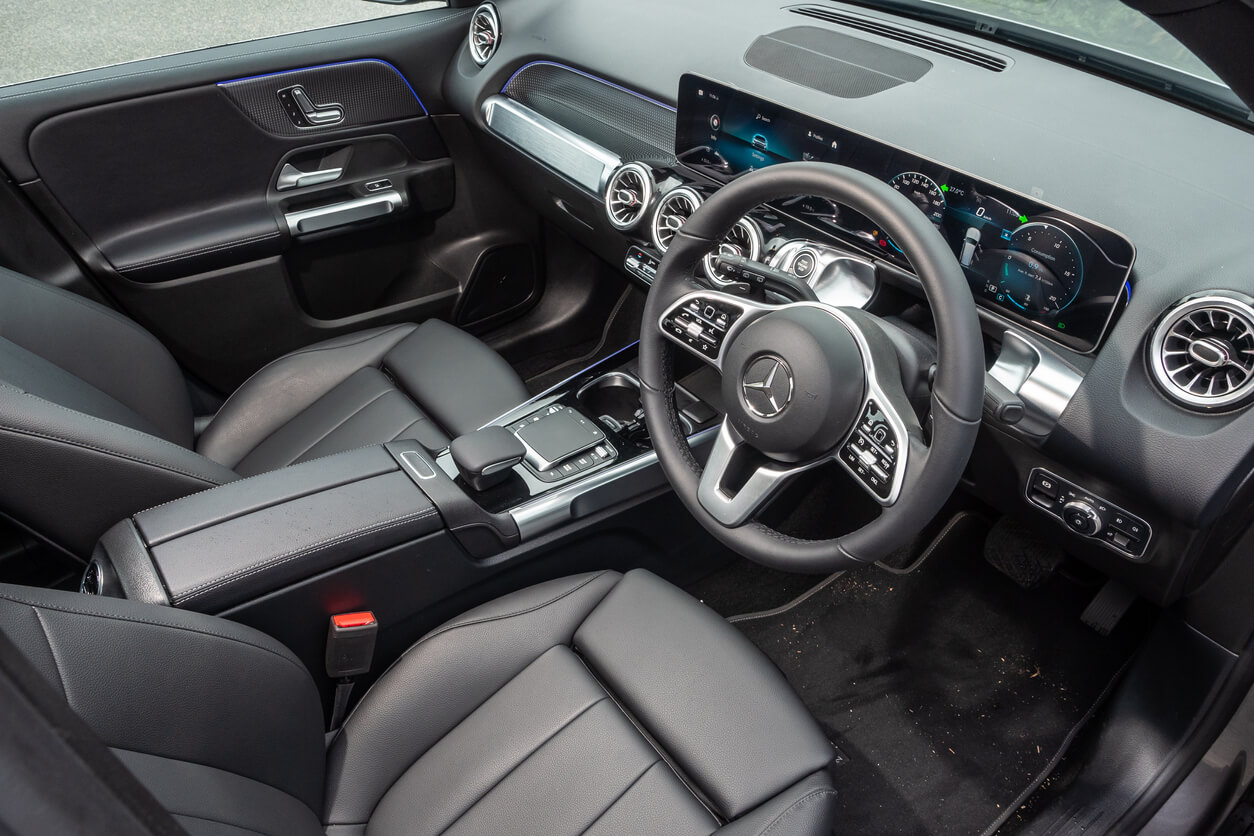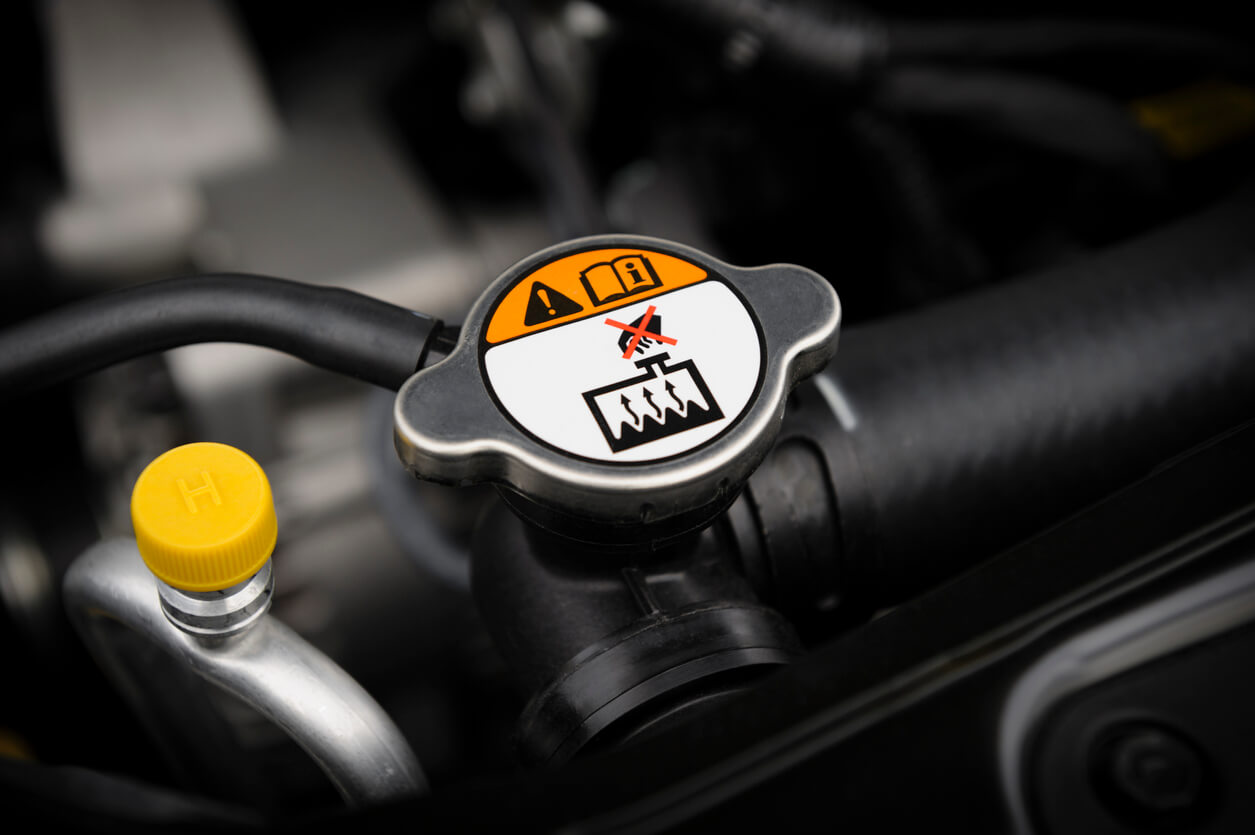If you are an owner or former owner or lessee of certain Mercedes-Benz and Sprinter BlueTEC vehicles, you may qualify to claim thousands of dollars thanks to the Mercedes emissions class-action lawsuit alleging emissions cheating on diesel-powered vehicles, including sedans, SUVs, and vans. In a proposed settlement with federal and California regulators, announced Sept. 14, the automaker would recall around 250,000 diesel vehicles from 2009 to 2016 model years.
As per the agreement, the automaker will also extend the warranty of certain affected parts, reform its internal audit procedures, and fund projects to reduce pollution elsewhere.
According to the EPA, affected models are:
- Sprinter: 2010-16 Sprinter six-cylinder, 2014-16 Sprinter four-cylinder
- E-Class: 2011-13 E350 Bluetec, 2014-16 E250 Bluetec
- GL-Class: 2009 GL320 Bluetec, 2010-16 GL350 Bluetec
- GLK-Class: 2013-15 GLK250 Bluetec
- M/GLE Class: 2009 ML320 Bluetec, 2010-14 ML350 Bluetec, 2015 ML250 Bluetec, 2016 GLE300d
- R-Class: 2009 R320 Bluetec, 2010-12 R350 Bluetec
- S-Class: 2012-13 S350 Bluetec
Plaintiffs in the Mercedes emissions class action had alleged certain Mercedes-Benz BlueTEC vehicles were equipped with emission control systems that emit more nitrogen oxides than consumers expect and more than what is permitted under state and federal law.
What Did Class Action Lawsuit Say?
A consent decree filed by the EPA and California Air Resources Board claims that the automaker sold some 250,000 diesel vehicles with undisclosed auxiliary emission control devices, or AECDs, and so-called “defeat devices.” Those devices caused excess emissions of nitrogen oxide, an ozone-causing pollutant linked to respiratory and cardiac problems.
In its response, Daimler denied the allegations and admitted no liability.
“The settlement resolves the company’s pending civil proceedings with the U.S. authorities without reaching any determinations as to whether functionalities in Daimler’s vehicles are defeat devices,” the automaker said.
How Was This Uncovered?
Federal and California regulators found the alleged defeat devices while testing vehicles in Michigan and California under stepped-up testing after the Volkswagen emissions scandal. Volkswagen’s scandal also involved the use of defeat devices allowing hundreds of thousands of diesel-powered cars to emit excess nitrogen oxide damaging the ozone layer and the environment.
What Does the Repair Involve?
The automaker will do a software update and replacement of vehicle-specific hardware such as new nitrogen oxide sensors and catalysts, also extend the warranty of affected software and hardware, with tests performed annually for 5 years to ensure affected vehicles continue to meet emissions standards down the road.
Specific repairs vary, and in some cases aren’t even finalized. There are 12 subgroups within the affected vehicles population, according to the EPA, with specific repairs for each group. As of this writing, the agency says it approved repairs for five of the 12 groups, encompassing the 2013-15 GLK250 Bluetec, 2015 ML250 Bluetec, 2016 GLE300d, and six-cylinder 2010-16 Sprinter. Repairs for other groups are set for approval from now through 2021.
Will the Repair Cost Anything?
As per the settlement agreement, repairs will be free of costs. The automaker will recall and repair vehicles at no cost to owners, the Justice Department said.
Can I Seek Compensation Otherwise?
Potentially, but not yet. The separate consumer class-action suit between Daimler and the plaintiffs’ group for diesel-powered Mercedes-Benz and Freightliner models from the same years reached an agreement offering up to $3,290.
If you previously owned or leased an affected vehicle, you could claim up to $822.50, though exact payouts will depend on how many people owned the vehicle and who makes a successful claim.
Again, the settlement does not assume guilt on Daimler’s part. The automaker “denies the material factual allegations and legal claims asserted by the plaintiffs and settlement class members.”
Affect On Performance or Fuel Economy
For the five approved repair groups, there shouldn’t be any negative effects on drivability, mileage, reliability, or performance, the EPA said. Daimler “must perform fuel economy tests and provide consumers with an emissions modification disclosure that contains a clear and accurate description regarding all impacts of the emissions modification on the vehicle, including any impacts on fuel economy,” the EPA said.
When Will Automaker Start Repair?
Two courts have to approve the specifics first. No date was given but Daimler expects things to move forward sometime late this year. The automaker said it would roll out the emissions modifications in various phases, with each customer receiving a mailed notice “as soon as the emission modification can be undertaken for their vehicle.” It also said it would publish a website with additional information starting late this year.
As per the consent decree, Daimler must fix at least 85% of affected passenger vehicles two years from the effective date. The automaker has three years from those dates to fix 85% of affected Sprinter vans. If the automaker doesn’t hit the specified percentages by the deadlines, it faces fines of $6.4 million for each percentage point short on cars and $9.1 million for each point short on vans. California, meanwhile, will assess separate fines on repair shortfalls for affected vehicles registered there.
How Much Will This Settlement Cost Daimler?
The automaker will pay between $2 billion and $3 billion. The settlement alone will total nearly $1.5 billion, with $945.3 million in penalties and $546 million to recall cars and perform federal pollution-mitigation projects, including $110 million in specific funding for pollution mitigation in California.
Further, the automaker says it expects the class-action settlement to cost approximately $700 million, including attorney’s fees.
Final Thoughts
If you are an automobile owner and have manufacturing issues, you can contact us regarding your involvement in this potential class-action lawsuit.. Serious vehicle problems require serious legal representation, especially when you are bringing a claim against a major automaker.
At the Lemon Firm, our experienced California Consumer Attorneys have been able to successfully recover compensation for our clients who were sold a vehicle that did not perform as intended and we can do the same for you. Our experienced attorneys can be reached by calling (833) Lemon-Firm.







